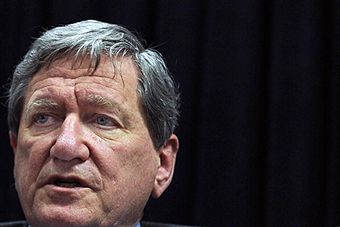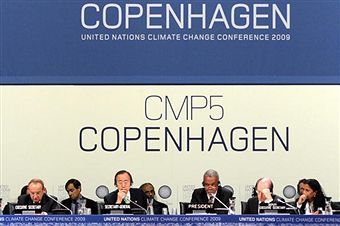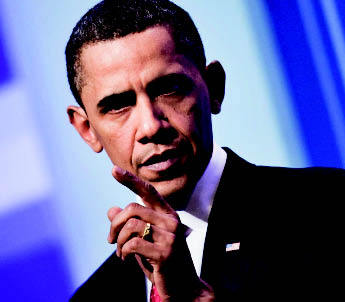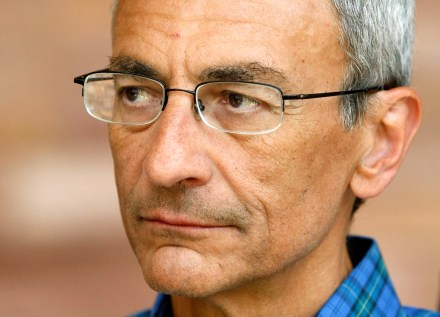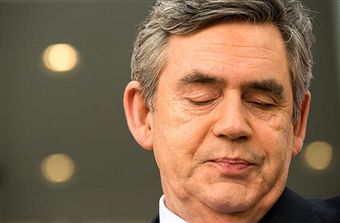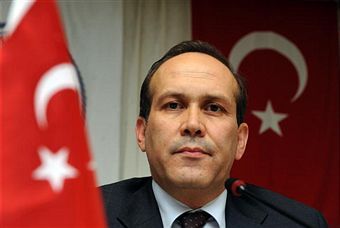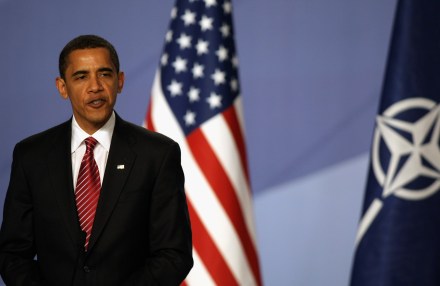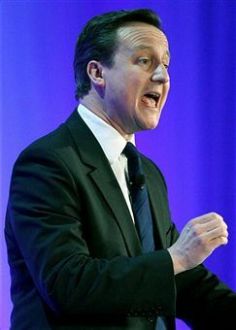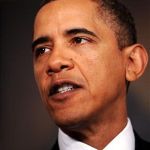Taliban talks
Richard Holbrooke, the U.S. diplomat in charge of Afghanistan and Pakistan affairs said Washington has now publicly made clear the US government is serious about negotiating with the Taliban. Speaking at a conference in Madrid, the US envoy said: ‘Let me be clear on one thing, everybody understands that this war will not end in a clear-cut military victory. It’s not going to end on the deck of a battleship like World War Two, or Dayton, Ohio, like the Bosnian war It’s going to have some different ending from that, some form of political settlements are necessary … you can’t have a settlement with al Qaeda, you can’t talk to
